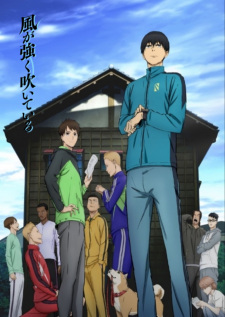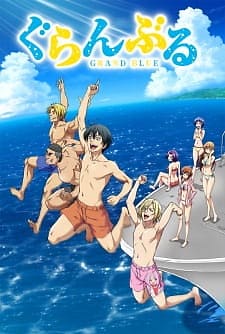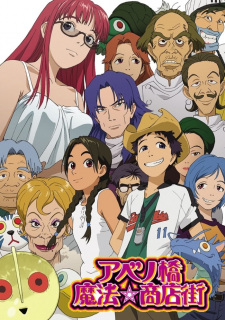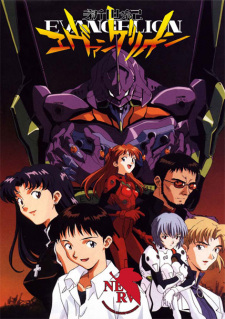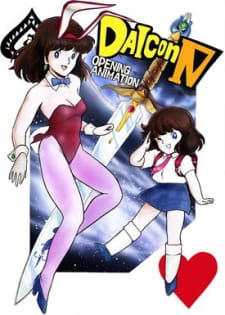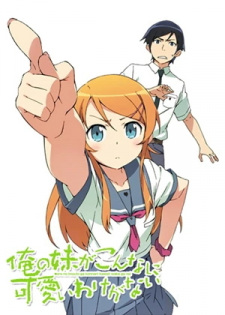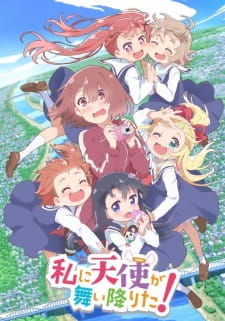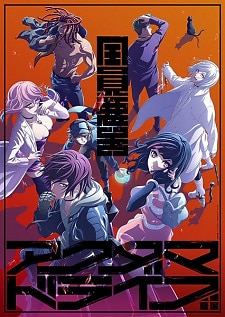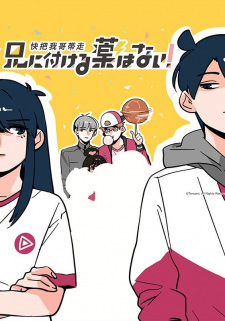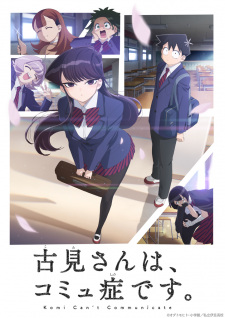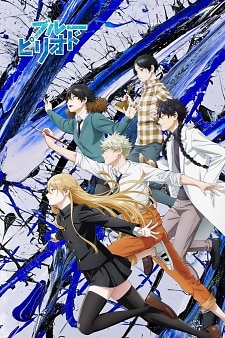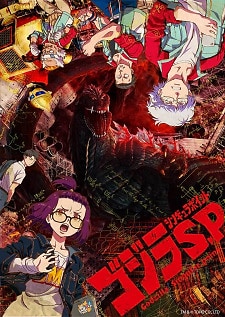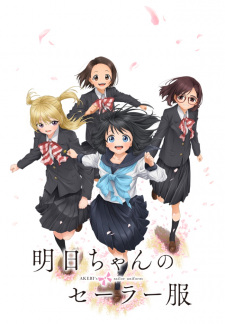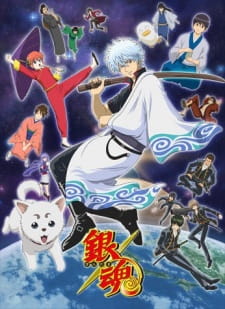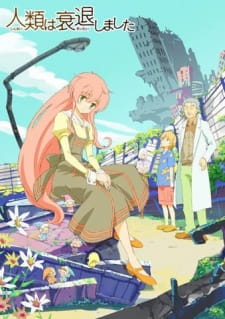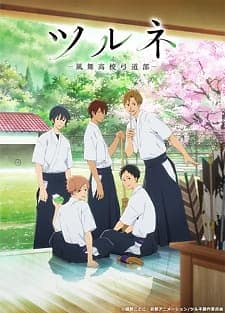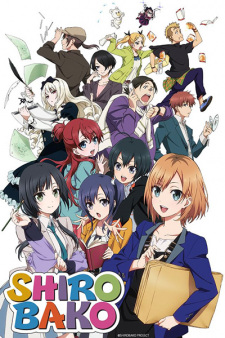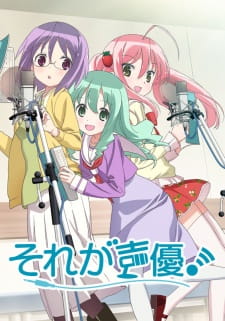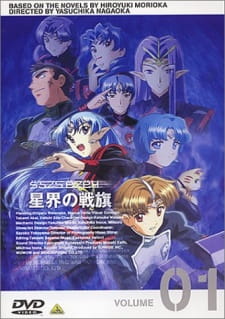Alternative Titles
Synonyms: The Society for the Study of Modern Visual Culture
Japanese: げんしけん
More titlesInformation
Type:
TV
Episodes:
12
Status:
Finished Airing
Aired:
Oct 11, 2004 to Dec 27, 2004
Premiered:
Fall 2004
Broadcast:
Mondays at 00:00 (JST)
Licensors:
Media Blasters
Studios:
Palm Studio
Source:
Manga
Genre:
Slice of Life
Demographic:
Seinen
Duration:
25 min. per ep.
Rating:
PG-13 - Teens 13 or older
Statistics
Ranked:
#14912
2
based on the top anime page. Please note that 'Not yet aired' and 'R18+' titles are excluded.
Popularity:
#1379
Members:
185,683
Favorites:
1,483
Available AtResources |
New Interest Stack
Interest Stacks 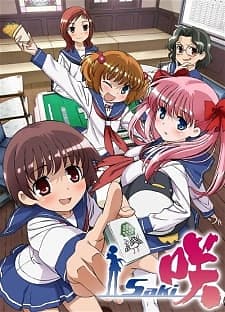 AnimeChallengeby
MyAnimeList
Spring is in the air and Japanese schools are back in session. What better way to experience the springtime of youth than by joining a club? Between the cultural clubs, sports clubs, music clubs, and more, there's bound to be a club here that catches your eye! 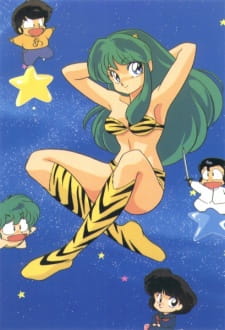 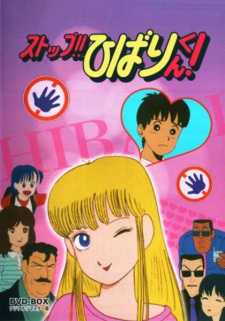 This is a part of a series of stacks that are about artistic tendencies in anime (and that border the fine line between sophisticated and pretentious). 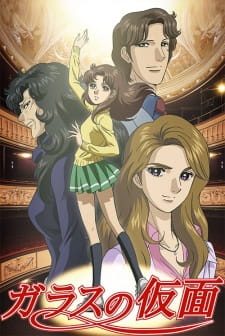 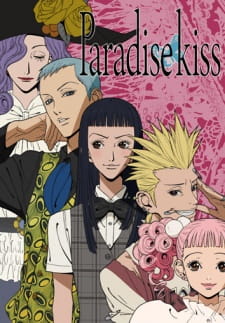 Shows/Movies of all kinds that are either meant for or can be enjoyed by an older audience. A treasure trove of excellence covering a wide range. Story-driven thrillers, well researched historical shows, brilliant world-constructions, poetic narrations, gripping thrillers, dark comedies, complex future visions, tightly packed action, avant-garde art, solid entertainment, tear-jerking dramas to light-hearted slices of lives. 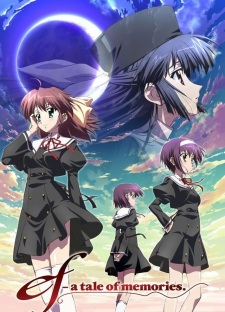 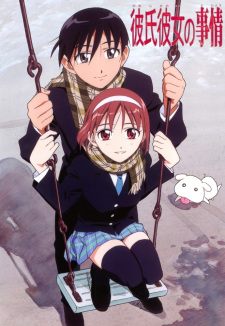 The romance as a genre in it's typical sense, is a hit or miss for most of us, and this is understandable. Each of us has different outlook on life, our experience had shaped our personalities by particular ways and the way we comprehend the fragile and gentle feelings of affection within ourselves is something very personal. 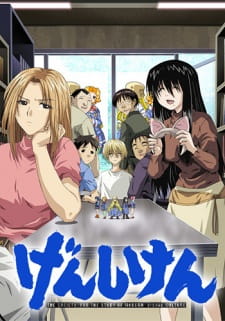 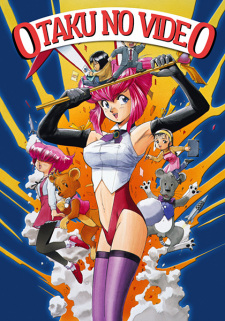 Bygone days spent as an otaku, often captured in OVA format, have been lost as trends shifted. It’s undeniably melancholic to see the evolving portrayal of otaku in a meta-sense and slowly watching the dwindling importance of Akiba-kei. 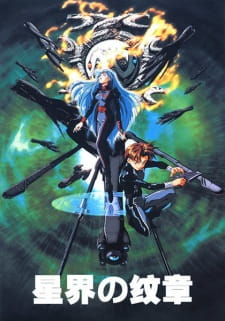 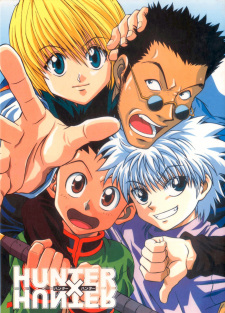 Every superhero has an origin story ... and so does every anime otaku. While I got exposed to anime when growing up, my own journey only really took off in the early 2000s as digital fansubs became widely available and I took full advantage of the fast (for the time) internet provided by my university accommodation. 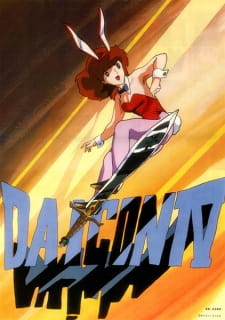 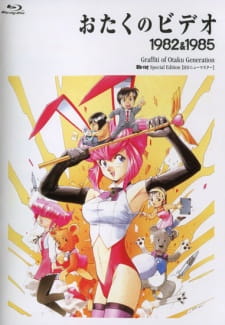 This is a weird concept for a list, but I think it's worth putting it out there. These are anime which I consider help understand anime better because of their referential humour, commentary on otaku culture (whether it's anime or gaming), exploration of the industry and twisting of classic tropes in self-aware ways that put them in perspective. Also included a couple shows which are not necessarily meta or referential, but they are here for being aggresively "anime" in nature, if that makes sense. With how over the top they are and/or how stereotypically otaku their concepts are, I think they give a good idea of how anime has developed. 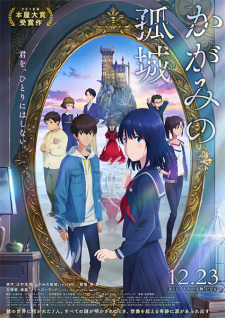 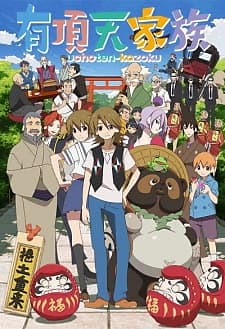 Anime series and movies that Fujimoto Tatsuki (Chainsaw Man author) mentioned in the Magazine Switch. Could be taken as recommendations. |



